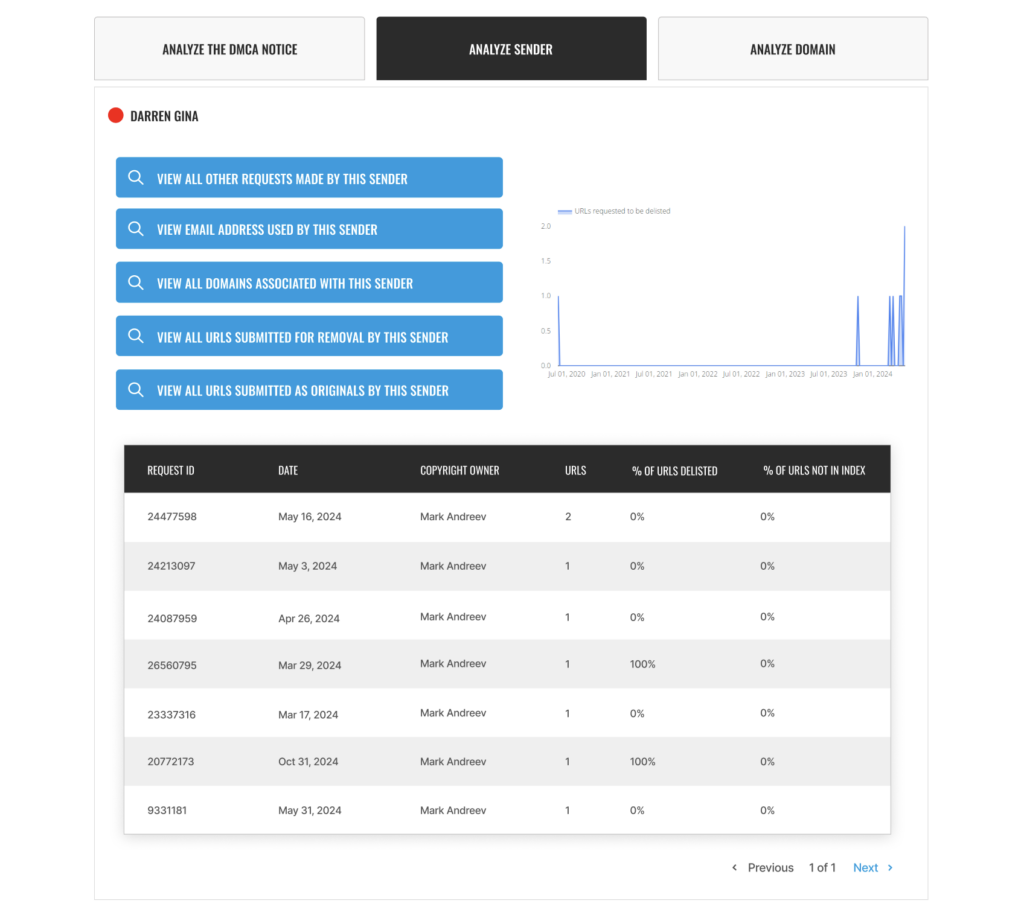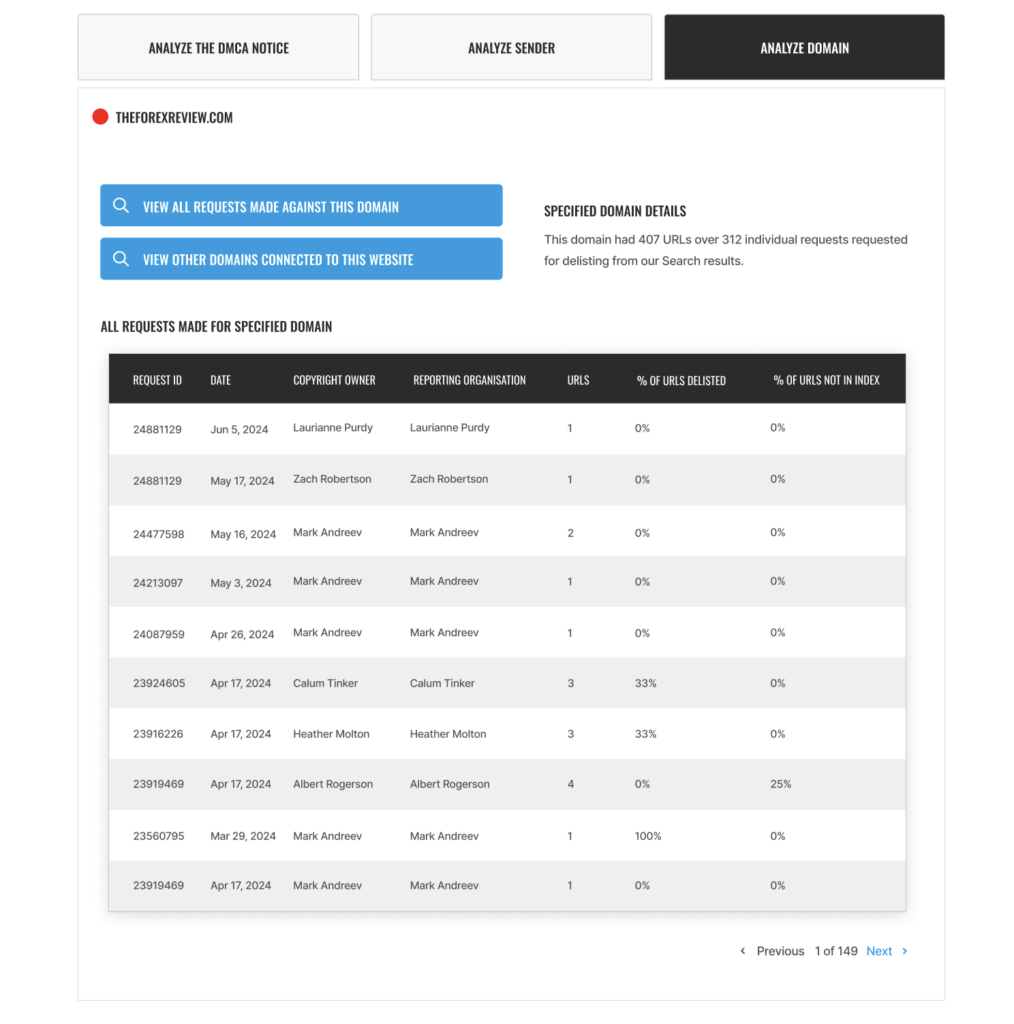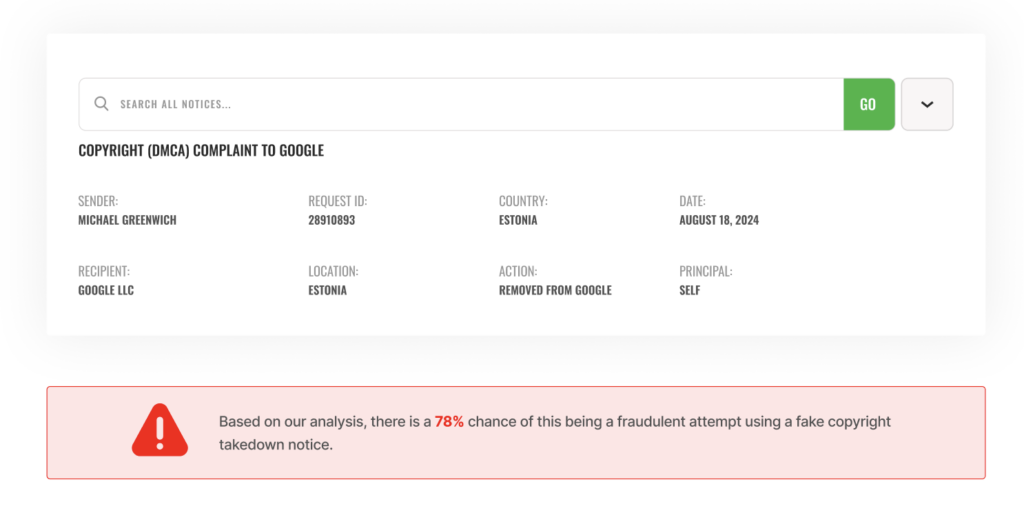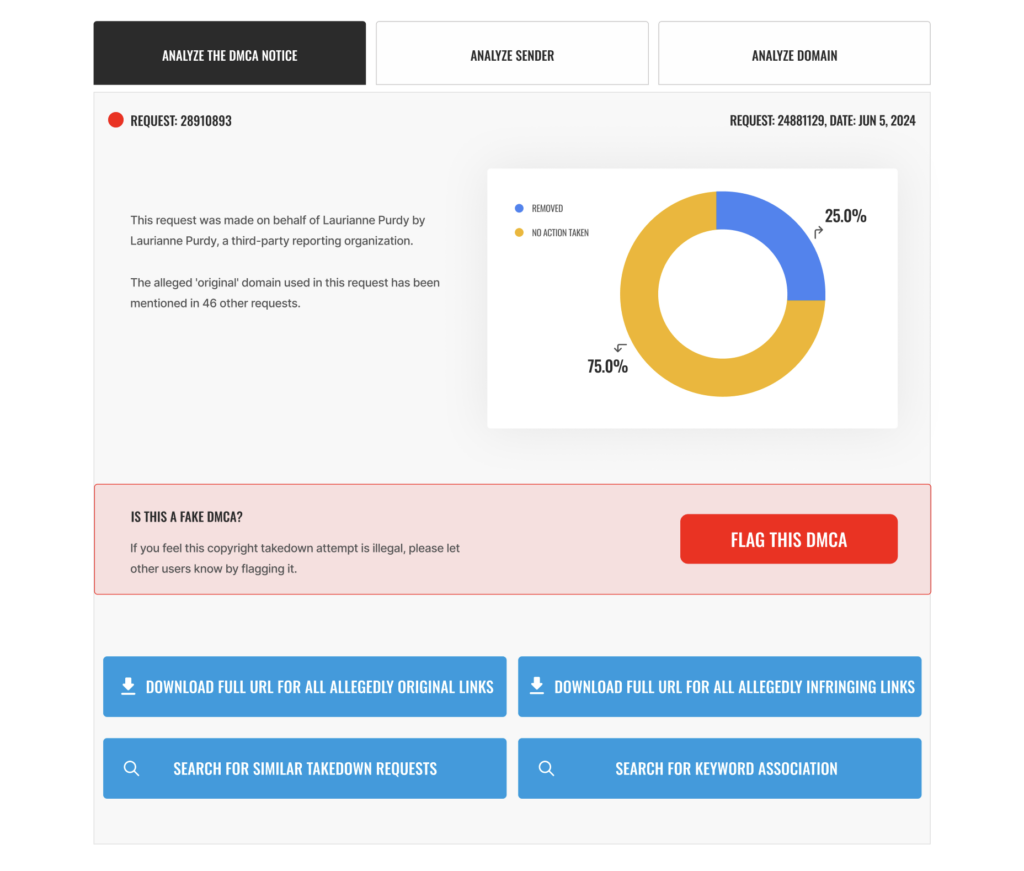What Happened?
BTSE, a cryptocurrency exchange known for its wide range of trading products and services, has recently been facing allegations of attempting to obscure its questionable past and suppress critical information online. While the platform promotes itself as a cutting-edge, compliant exchange, rumors of shady practices have surfaced. These concerns range from transparency issues in its operations to allegations surrounding the handling of user funds during market volatility.
In particular, BTSE’s launch of a token sale via the Liquid Network raised questions about the company’s financial stability and regulatory adherence. Critics argue that the token sale may have been an attempt to raise capital to cover gaps in liquidity, a move that sparked further suspicion.
Adding to the controversy, BTSE has reportedly made efforts to censor or downplay damaging reviews and news coverage about its past. Sources indicate that negative user feedback and articles that highlight concerns about its business practices have been quietly removed or buried, raising alarms about the company’s commitment to transparency. For traders and investors, the alleged censorship efforts only fuel doubt, as a legitimate exchange should not need to suppress information to protect its reputation.

As BTSE continues to expand its presence in the cryptocurrency market, these allegations of censorship and past misconduct have cast a shadow over its operations, urging investors to proceed with caution.

Analyzing the Fake Copyright Notice(s)
Our team collects and analyses fraudulent copyright takedown requests, legal complaints, and other efforts to remove critical information from the internet. Through our investigative reporting, we examine the prevalence and operation of an organized censorship industry, predominantly funded by criminal entities, oligarchs, and disreputable businesses or individuals. Our findings allow internet users to gain insight into these censorship schemes’ sources, methods, and underlying objectives.
List of Fake Copyright Notices for BTSE
| Number of Fake DMCA Notice(s) | 1 |
| Lumen Database Notice(s) | https://lumendatabase.org/notices/44099692 |
| Sender(s) | SynergyNet Technologies ltd |
| Date(s) | Aug 25, 2024 |
| Fake Link(s) Used by Scammers | https://cointelegraph.com/news/btse-to-launch-liquid-network-powered-token-sale-in-march |
| Original Link(s) Targeted | https://www.fxstreet.com/amp/cryptocurrencies/news/btse-to-launch-liquid-network-powered-token-sale-in-march-202002251634 |
Evidence and Screenshots

How do we investigate fake DMCA notices?
To accomplish this, we utilize the OSINT Tool provided by FakeDMCA.com and the Lumen API for Researchers, courtesy of the Lumen Database.
FakeDMCA.com is the work of an independent team of research students and cybersecurity professionals, developed under Project UnCensor. Their OSINT Tool, designed to uncover and analyze takedown notices, represents a significant step forward in combating these abusive practices. It has become a valuable resource, increasingly relied upon by journalists and law enforcement agencies across the United States.
Lumen, on the other hand, is an independent research initiative dedicated to studying takedown notices and other legal demands related to online content removal. The project, which operates under the Berkman Klein Center for Internet & Society at Harvard University, plays a crucial role in tracking and understanding the broader implications of such requests.
What was BTSE trying to hide?
BTSE is a cryptocurrency exchange platform that offers a wide range of services, including spot trading, derivatives, and futures trading for digital assets. Launched in 2018, BTSE has marketed itself as a forward-thinking, technologically advanced platform designed to cater to both institutional and retail traders. The platform supports multiple fiat currencies and provides various trading products, making it a popular choice among crypto enthusiasts. BTSE also leverages advanced security features and compliance measures, presenting itself as a trusted exchange in the competitive crypto market.
One of BTSE’s key highlights is its integration with the Liquid Network, a sidechain-based settlement network for Bitcoin transactions. In 2020, BTSE conducted a token sale on the Liquid Network, positioning itself as an innovator in the blockchain space. However, despite its positive outward appearance, BTSE has faced growing scrutiny and criticism from users and industry insiders.
Despite its claims of transparency and innovation, BTSE has been linked to several issues and controversies. These range from operational problems and complaints from users to more serious allegations that the exchange is trying to hide unfavorable information. Here are some of the adverse news, bad reviews, and allegations that BTSE seems to be suppressing:
1. Concerns About the Token Sale on the Liquid Network
BTSE’s launch of a token sale on the Liquid Network in March 2020 generated skepticism within the cryptocurrency community. While the token sale was marketed as a forward-looking move, some critics speculated that it was a way for BTSE to raise capital to cover liquidity shortages.
These allegations stemmed from concerns about the timing of the token sale, as it coincided with a volatile period in the crypto markets. Some observers questioned whether BTSE needed to boost its liquidity in response to financial instability. This raised doubts about the company’s financial health and whether the token sale was motivated by internal issues rather than external innovation. Although BTSE has remained tight-lipped about these claims, the lack of transparency regarding the token sale’s financial motivations has led to increased suspicion.
2. Withdrawal Issues and Liquidity Concerns
One of the most common complaints against BTSE involves delays in processing withdrawals. Numerous users have reported experiencing extended waiting times to access their funds, with some traders alleging that their withdrawals were withheld for days or even weeks without explanation. These delays, combined with the timing of the token sale, fueled concerns about BTSE’s liquidity. Users began speculating that the exchange might not have sufficient funds to cover withdrawal requests, particularly during times of high market volatility.
In the fast-moving world of cryptocurrency, liquidity is crucial for an exchange’s reputation. These withdrawal delays have damaged BTSE’s image, leading to negative reviews from users who expected better service from a platform that promotes itself as a top-tier exchange.
3. Lack of Transparency and Regulatory Concerns
Although BTSE operates globally, its regulatory standing has been a point of contention. Critics have raised questions about whether the exchange is fully compliant with the necessary financial regulations in the jurisdictions in which it operates. BTSE’s use of offshore jurisdictions has only added to the speculation that it may be avoiding stricter regulatory oversight. This lack of transparency about where and how BTSE is regulated has led to a lack of trust among some users.
Without clear regulatory backing, users may be at risk in the event of a dispute with the exchange, as the legal recourse in offshore jurisdictions is often limited. Additionally, the ambiguity surrounding its regulatory status has led some to question the integrity of the company’s compliance procedures, especially given the broader concerns in the crypto space about anti-money laundering (AML) and know-your-customer (KYC) regulations.
4. Censorship of Negative Reviews and Feedback
BTSE has also been accused of attempting to suppress negative feedback and complaints from its users. Some traders have alleged that their negative reviews of BTSE, posted on forums and review platforms, have been removed or hidden. This pattern of suppressing critical reviews has raised suspicions that BTSE may be more focused on maintaining its public image than addressing the underlying issues that users are experiencing.
By attempting to control the narrative and limit the spread of unfavorable information, BTSE may be deliberately trying to create an illusion of trustworthiness while ignoring the valid concerns of its user base. This tactic of censorship only serves to raise more questions about the exchange’s business practices and transparency.
5. Market Manipulation Allegations
There have also been whispers within the cryptocurrency community regarding possible market manipulation on BTSE’s platform. Some traders have claimed that during periods of high volatility, the exchange has been slow to process orders or has altered prices in a way that disadvantages retail traders. While market manipulation is difficult to prove, the frequency of such complaints has raised concerns about whether BTSE is engaging in unethical trading practices behind the scenes.
Traders who experience price slippage or unexpected order executions often feel powerless, especially on an exchange with opaque trading practices. These allegations, combined with the aforementioned withdrawal delays, further contribute to a lack of trust in BTSE.
BTSE’s efforts to censor negative reviews, combined with the growing number of complaints from users, suggest that the exchange is hiding more than it wants the public to know. The major issues regarding withdrawal delays, concerns about liquidity, a lack of transparency in its regulatory standing, and censorship of unfavorable reviews raise serious questions about BTSE’s credibility.
Despite positioning itself as a leading platform for cryptocurrency trading, BTSE’s reported behavior points to deeper issues within the company. For traders and investors, this raises significant red flags, particularly when it comes to the platform’s ability to handle funds responsibly and operate with full transparency.
Before engaging with BTSE, potential users should conduct thorough research, looking beyond the polished marketing and seeking out independent reviews and uncensored feedback. With the growing list of complaints, it’s crucial to be aware of the risks associated with trading on an exchange like BTSE.
Only BTSE benefits from this crime.

Since the fake copyright takedown notices were designed to remove negative content for BTSE from Google, we assume BTSE or someone associated with BTSE is behind this scam. It is often a fly-by-night Online Reputation agency working on behalf of BTSE. In this case, BTSE, at best, will be an “accomplice” or an “accessory” to the crime. The specific laws may vary depending on the jurisdiction. Still, the legal principle generally holds that if you actively participate in planning, encouraging, or facilitating a crime, you can be charged with it, even if you did not personally commit it.
How do we counteract this malpractice?
Once we ascertain the involvement of BTSE (or actors working on behalf of BTSE), we will inform BTSE of our findings via Electronic Mail.
Our preliminary assessment suggests that BTSE may have engaged a third-party reputation management agency or expert, which, either independently or under direct authorization from BTSE, initiated efforts to remove adverse online content, including potentially fraudulent DMCA takedown requests. We will extend an opportunity to BTSE to provide details regarding their communications with the agency or expert, as well as the identification of the individual(s) responsible for executing these false DMCA notices.
Failure to respond in a timely manner will necessitate a reassessment of our initial assumptions. In such an event, we will be compelled to take appropriate legal action to rectify the unlawful conduct and take the following steps –
- Inform Google about the fraud committed against them.
- Inform the victims of the fake DMCA about their websites.
- Inform relevant law enforcement agencies
- File counter-notices on Google to reinstate the ‘removed’ content
- Publish copies of the ‘removed’ content on our network of 50+ websites
By investigating the fake DMCA takedown attempts, we hope to shed light on the reputation management industry, revealing how BTSE and companies like it may use spurious copyright claims and fake legal notices to remove and obscure articles linking them to allegations of fraud, tax avoidance, corruption, and drug trafficking…
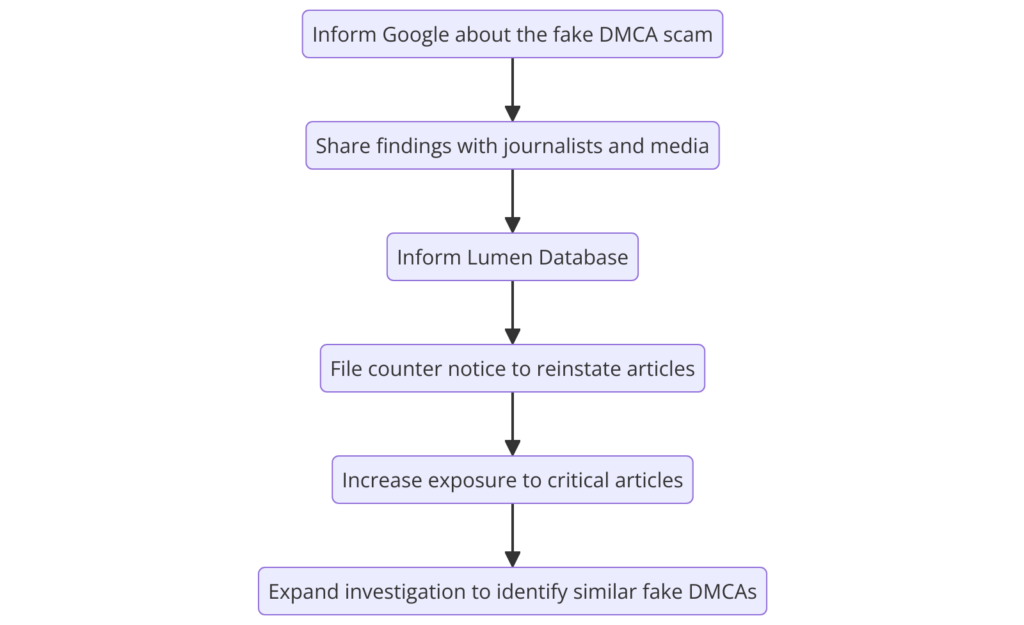
Since BTSE made such efforts to hide something online, it seems fit to ensure that this article and our original review of BTSE, including but not limited to user contributions, remain a permanent record for anyone interested in BTSE.
A case perfect for the Streisand effect…
Potential Consequences for BTSE
Under Florida Statute 831.01, the crime of Forgery is committed when a person falsifies, alters, counterfeits, or forges a document that carries “legal efficacy” with the intent to injure or defraud another person or entity.
Forging a document is considered a white-collar crime. It involves altering, changing, or modifying a document to deceive another person. It can also include passing along copies of documents that are known to be false. In many states in the US, falsifying a document is a crime punishable as a felony.
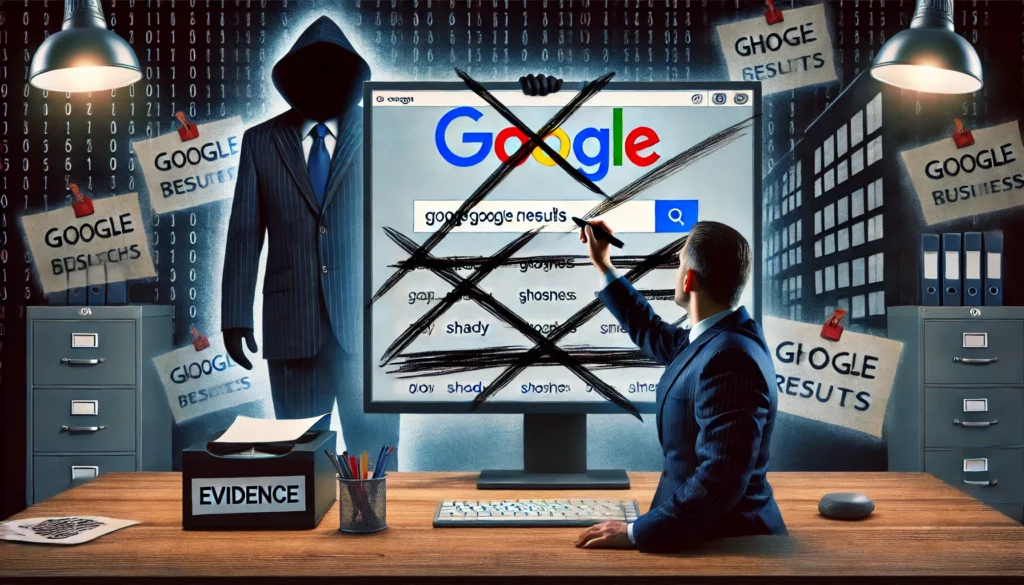
Additionally, under most laws, “fraud on the court” is where “a party has sentiently set in motion some unconscionable scheme calculated to interfere with the judicial system’s ability impartially to adjudicate a matter by improperly influencing the trier of fact or unfairly hampering the presentation of the opposing party’s claim or defense.” Cox v. Burke, 706 So. 2d 43, 46 (Fla. 5th DCA 1998) (quoting Aoude v. Mobil Oil Corp., 892 F.2d 1115, 1118 (1st Cir. 1989)).
Is BTSE Committing a Cyber Crime?
Yes, it seems so. BTSE used multiple approaches to remove unwanted material from review sites and Google’s search results. Thanks to protections allowing freedom of speech in the United States, there are very few legal ways to do this. BTSE could not eliminate negative reviews or search results that linked to them without a valid claim of defamation, copyright infringement, or some other clear breach of the law.
Faced with these limitations, some companies like BTSE have gone to extreme lengths to fraudulently claim copyright ownership over a negative review in the hopes of taking it down.
Fake DMCA notices have targeted articles highlighting the criminal activity of prominent people to hide their illegal behavior. These people, which include US, Russian, and Khazakstani politicians as well as members from elite circles including the mafia and those with massive financial power, are all connected – and alleged corruption ranging from child abuse to sexual harassment is exposed when exploring evidence found at these URLs. It appears there’s a disturbing level of influence being exerted here that needs further investigation before justice can be served. BTSE is certainly keeping interesting company here….





